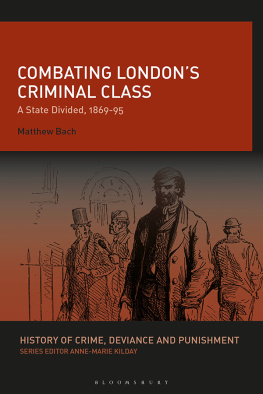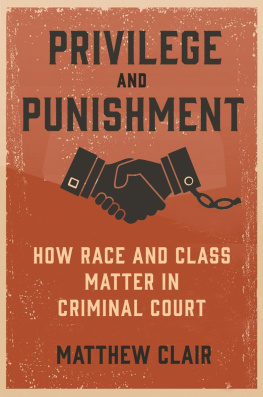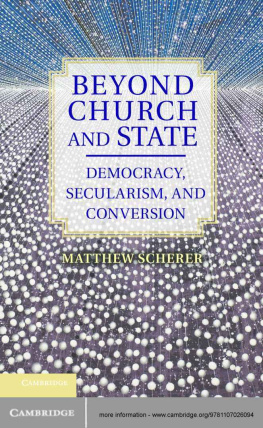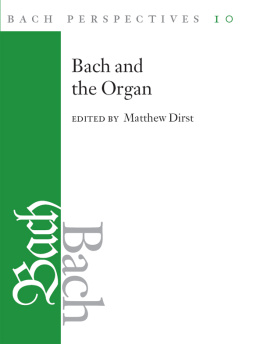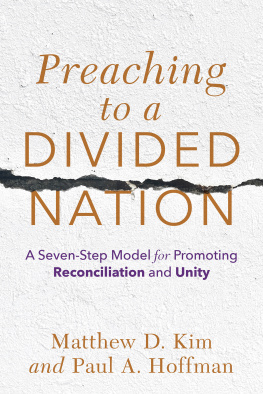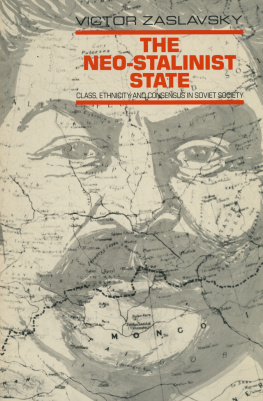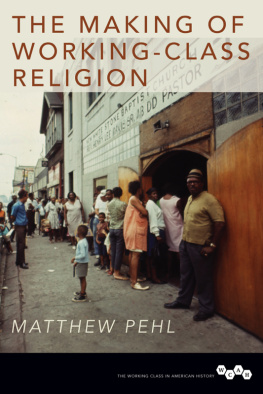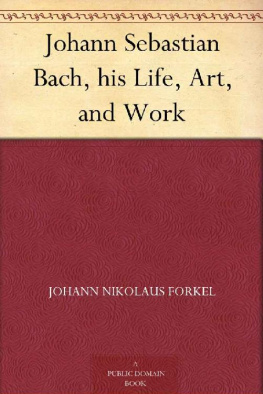While writing this book I have received outstanding support from numerous staff at the University of Melbourne. First and foremost, my thanks must go to the incomparable Professor Elizabeth Malcolm. This book is based upon research I carried out for my PhD thesis, of which Elizabeth was the principal supervisor. Her wise counsel and expertise have been of more worth to me than I can say. In addition, Dr Una McIlvenna provided me with much help. As one of my assistant supervisors, Una read late drafts of my PhD and provided me with invaluable advice. She was also incredibly helpful as I sought publication of this work. Associate Professor Michael Arnold read many early drafts of my work and gave me considerable encouragement and guidance.
I should thank staff at various other institutions. On my many visits to the National Archives I was aided immensely by knowledgeable and passionate staff members. The same was true of my time spent at the British Library. Meanwhile, the interlibrary loan staff of the Bodleian Library, Oxford, rendered me vital aid. Back at the University of Melbourne, I received excellent support from the team at the Baillieu Library. At Bloomsbury, Maddie Holder and Abigail Lane have been ever encouraging and helpful. At this point is it customary for authors to thank their partners. Oftentimes this is done (by male authors in particular), apologetically, for a partners sufferance during the authors period of research and writing. The impression I normally get is that of the little wife keeping the home fires burning. Well, the painting of such a picture would do a great injustice to my wonderful wife, Amy, who is caring, strong and smart. So I will thank her, instead, for her unfailing love and constant encouragement, and for choosing me all those years ago, much to my surprise and glee.
The criminal classes is [sic], in fact, a great army an army making war on society, and it is necessary that society should for its own defence make war upon them Now, the question that presents itself is this How are we to deal with this vast mass of criminals with this great army of crime with which we have to contend?
(The Earl of Kimberley, Liberal peer, 26 Feb. 1869)
In 1869 the new Liberal government of the United Kingdom, led by William Gladstone, responded to this question with an extraordinary set of measures. The Habitual Criminals Act 1869 introduced a system of police supervision in the community for specified repeat offenders and a central registry containing information regarding all so-called habitual criminals. Surveillance, the government hoped, would lead to a decrease in crime. The registry was intended to aid police supervision and to ensure magistrates and judges had all relevant information about offenders before them at the point of sentencing, leading to longer prison terms. The legislation, which was re-enacted in 1871 with numerous alterations, was remarkable for its repressive potential. It also represented a stunning reversal of the parliaments long-held position on police supervision, which it had found to be a repugnant French innovation. The threat posed by repeat offenders was apparently so great that individual liberty, a long-cherished British value, was now relegated to a position of secondary importance. Historians have offered differing views about the motivation for and effects of mid- and late Victorian efforts to control elements of the working class that were deemed a threat to law and order. However, the genesis and impact of the only two pieces of legislation that were specifically designed to combat the so-called criminal class are little, and incorrectly, understood. This book is an attempt to right this wrong. It analyses why the legislation was put in place and then re-enacted so soon after. Then, it seeks to explore the extent to which the key aims of the government were achieved in Londons Metropolitan Police District in the period up to 1895.
The legislation applied throughout the UK. Yet London was the focal point of many anxieties regarding crime and the activities of a criminal class. The impact of the 1869 and 1871 legislation in the City of London, which was policed by a small and separate force, is not considered here. This is because there is limited data for Londons financial and business centre, which covers only slightly more than one square mile.
A significant press-inspired panic regarding violent crime in London by repeat offenders in 1862 heightened these anxieties.
Given the evidence that many mid-Victorians saw London as the centre of recidivist crime, it has been chosen as the site of this study. Among mid- and late Victorians, as S. J. Stevenson has claimed, there was a popular and enduring image of a criminal class largely concentrated in London. Up until that time the key measures of the 1871 legislation were in force, albeit having undergone several alterations. Now, what of the relevant historical literature?
What do other scholars have to say about the habitual criminals legislation of 1869 and 1871, which very significantly altered the manner in which recidivists were to be dealt with? In short, not much. This point has been made most recently by Barry Godfrey, David Cox and Steve Farrall. Specifically regarding the acts of 1869 and 1871 they ask, What was the impact of these on the lives of habitual offenders? And what were the eventual outcomes? This book is an effort to provide one.
Yet there is a small body of literature directly relevant to the suite of measures introduced in 1869 and 1871 to combat the criminal class. Some work has been carried out concerning the reasons for the implementation of the Liberal governments habitual criminals legislation. The consensus regarding the genesis of the Habitual Criminals Act 1869, it appears, is that the legislation was brought about by a media-inspired panic, similar to that which occurred in 1862, regarding violent crime and garotting in particular. In keeping with Cohens model, it is argued that the government responded with repressive legislation.
However, there is scant evidence to support the notion that fear of crime increased in the period directly before the introduction of the Habitual Criminals Bill in February 1869. Why, then, was the legislation introduced? One factor that demands close examination was the advocacy of a pressure group, the Social Science Association (SSA). The association, a forum for the discussion of social questions, held its first congress in Birmingham in July 1857. The president, Lord Brougham, explained that the purpose of the association was to aid legislation by preparing measures and stimulating the legislature to adopt them. Their work invites serious questions about the adequacy of the framework of moral panic in explaining the genesis of the Gladstone governments habitual criminals legislation. In answering these questions this book makes a significant and original contribution to our understanding of the driving forces behind nineteenth-century penal policy.
A fascinating re-evaluation has recently taken place regarding the role of the Metropolitan Police Force as an instrument of social control. Concerning the Gladstone governments habitual criminals legislation in London, both positions cannot be correct.
The effectiveness of this legislation was first investigated in any detail by Leon Radzinowicz and Roger Hood, who utilized a whiggish interpretation to determine its impact.


